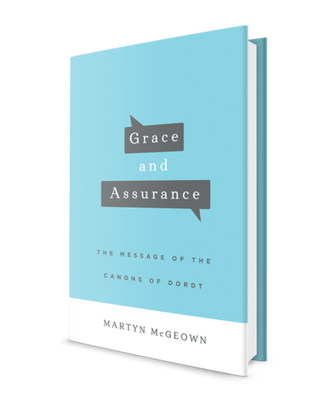John adds a warning and an incentive. The warning is: “and the world passeth away and the lust thereof” (v. 17). The things of the world are temporary, fleeting, and have no lasting value. The world offers pleasure, power, and the fulfillment of the lusts of the flesh, but one day these things will come to an end. There will come a time when you will not be able to enjoy them. However, it is almost impossible to convince a person infatuated with the world that this is the case. A worldly person lives for the moment, especially for the weekend, and it takes a miracle of grace to wrest his heart away from the world.
But by “passeth away” John means more than to underline the world’s temporary nature. These things pass away because they will be destroyed in the judgment. The worldly person will stand before God. The music will be silent, the sensual pleasure will be over, worldly friends will be gone and he will be sober. Then he must give an account to the Almighty: “I exchanged my Creator for the fleeting pleasures of creation. I had no love for God in my heart. The world was my god.” And if the worldly person has only his love for the world he will stand naked before God, stripped of everything except his sins, and will be condemned.
Continue reading...
















